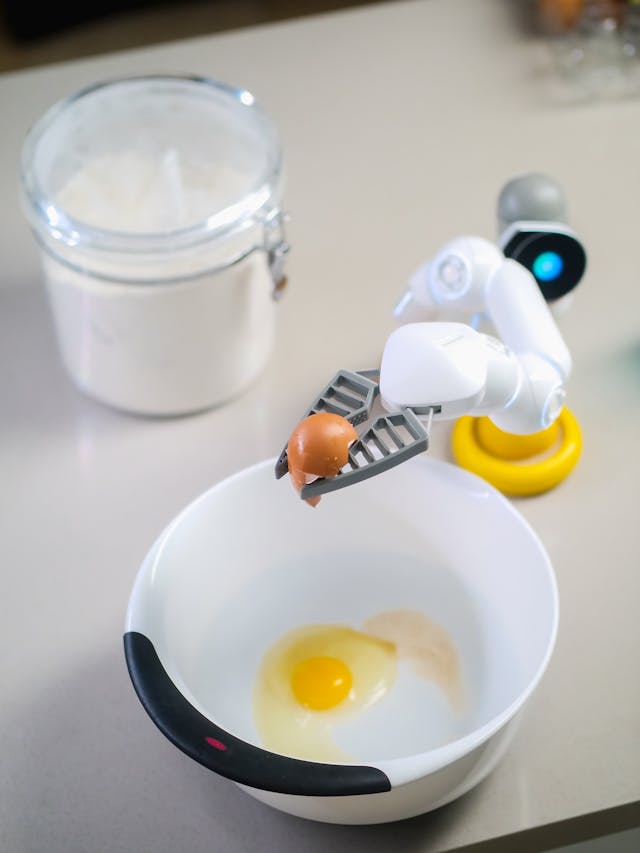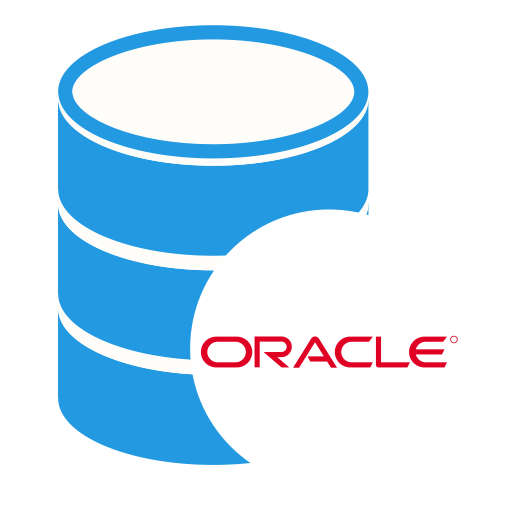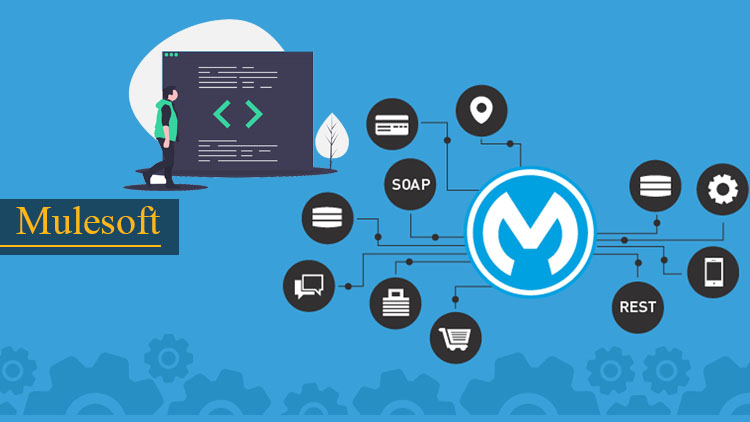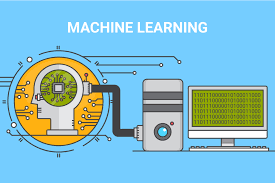Data Science and Artificial Intelligence (AI) are two intertwined fields that drive significant advancements in technology and business. While they are distinct areas of study and application, they often overlap and complement each other. Here’s an in-depth look at each field and how they relate to one another.
What is Data Science?
Definition and Scope
Data Science is a multidisciplinary field that combines techniques from statistics, mathematics, and computer science to analyze and interpret complex data. The goal of data science is to extract actionable insights from data to make informed decisions and solve problems.
Key Components
- Data Collection: Gathering data from various sources, including databases, sensors, and web scraping.
- Data Cleaning and Preprocessing: Preparing data for analysis by handling missing values, removing duplicates, and transforming data into a usable format.
- Exploratory Data Analysis (EDA): Analyzing data to uncover patterns, trends, and relationships.
- Statistical Analysis: Applying statistical methods to analyze data and draw conclusions.
- Data Visualization: Creating visual representations of data to communicate findings effectively.
- Machine Learning: Building predictive models and algorithms that can learn from data and make decisions.
Applications
- Business Intelligence: Analyzing sales, customer behavior, and market trends.
- Healthcare: Predicting patient outcomes and personalizing treatment plans.
- Finance: Detecting fraud and managing risk.
- Retail: Optimizing inventory and enhancing customer experiences.
What is Artificial Intelligence?
Definition and Scope
Artificial Intelligence (AI) is a branch of computer science focused on creating systems capable of performing tasks that normally require human intelligence. These tasks include learning, reasoning, problem-solving, and understanding natural language.
Key Components
- Machine Learning (ML): A subset of AI that involves training algorithms to learn from data and improve over time. Examples include supervised learning, unsupervised learning, and reinforcement learning.
- Natural Language Processing (NLP): Enabling computers to understand, interpret, and generate human language. Applications include chatbots, translation services, and sentiment analysis.
- Computer Vision: Allowing computers to interpret and process visual information from the world, such as images and videos.
- Robotics: Developing robots that can perform tasks autonomously or semi-autonomously.
- Expert Systems: Creating systems that mimic human expertise in specific domains, such as medical diagnosis or financial forecasting.
Applications
- Virtual Assistants: AI-powered assistants like Siri and Alexa that understand and respond to voice commands.
- Recommendation Systems: Personalized recommendations on platforms like Netflix and Amazon.
- Autonomous Vehicles: Self-driving cars that navigate and make decisions based on sensor data.
- Fraud Detection: AI algorithms that identify unusual patterns in financial transactions to detect fraud.
How Data Science and Artificial Intelligence Interact
Data Science as the Foundation for AI
Data Science provides the foundation for AI by preparing and analyzing the data required for machine learning models. Data scientists collect, clean, and preprocess data, which is then used to train AI models. Without high-quality data and robust analytical techniques, AI models would not be effective.
Machine Learning and AI
Machine Learning (ML), a subset of AI, relies heavily on data science techniques. ML algorithms are trained on datasets to learn patterns and make predictions. Data science helps in feature selection, model evaluation, and hyperparameter tuning, which are crucial for building effective ML models.
Data-Driven AI
AI systems often leverage large volumes of data to improve their performance. Data science provides the tools and methodologies to analyze this data, uncovering insights that can enhance AI algorithms. For example, data scientists might analyze user interactions to improve the recommendations provided by an AI system.
Conclusion
Data Science and Artificial Intelligence are interconnected fields that drive technological innovation and business intelligence. Data Science focuses on extracting insights from data through analysis and statistical methods, while AI aims to create systems that can perform tasks requiring human-like intelligence.
AI relies on the data prepared and analyzed by data scientists to build effective models and applications. Together, these fields enable advancements in various domains, from healthcare and finance to retail and transportation. Understanding both data science and AI is essential for leveraging their potential to solve complex problems and create innovative solutions in a data-driven world.
























